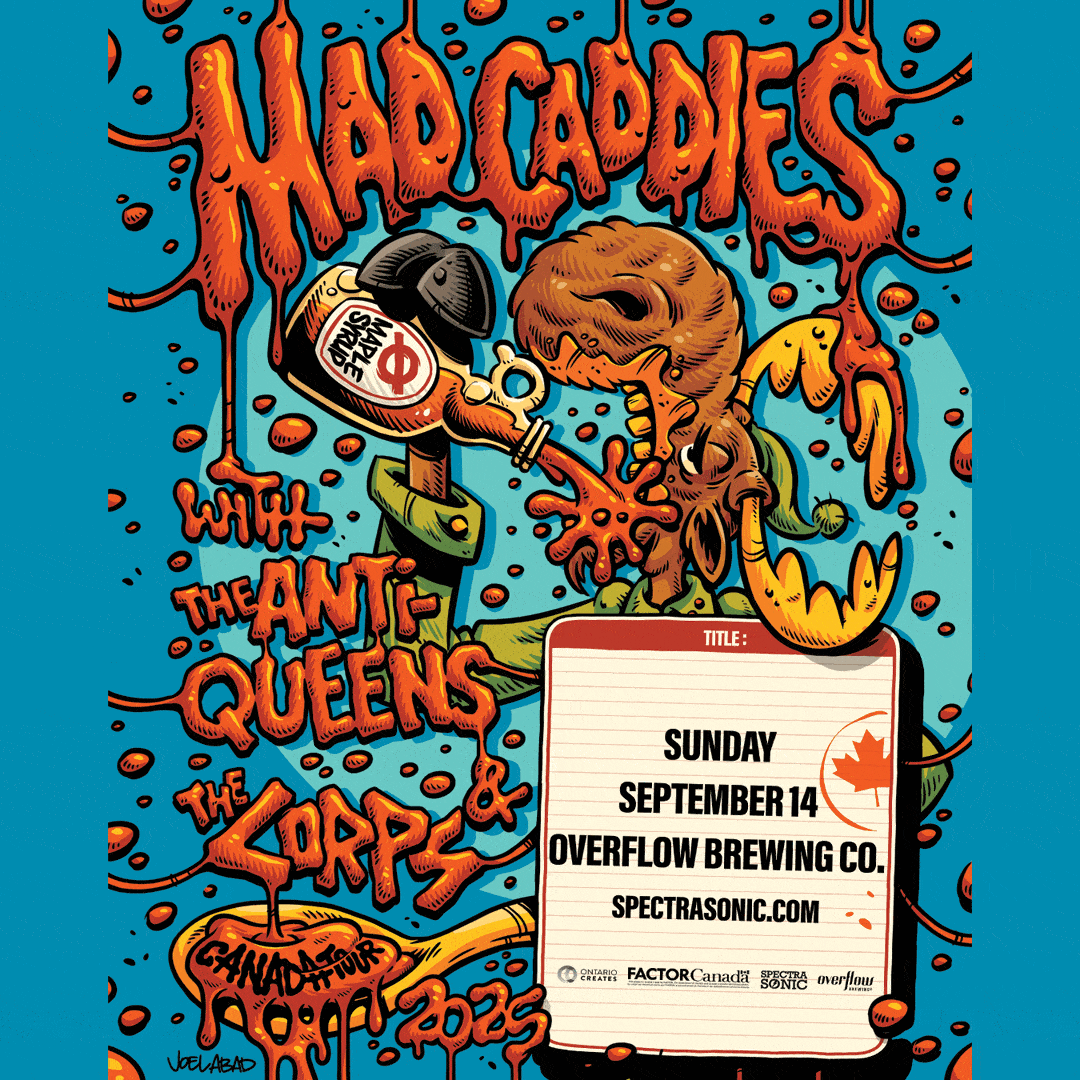Directed by Phillip Pike, Our Dance of Revolution is one of my top picks at this year’s Inside Out film festival. Opening with a canonical scene of the disruptive strength of the women-led Black Lives Matter sit-in at the 2016 Toronto Pride Parade event, the documentary flashes back to the lesser-known beginnings of black queer resistance and gives us an opportunity to widen our understanding of the roots of the Black Lives Matter movement in Toronto.

Members of the 101 Dewson Street Collective. Photo: www.ourdanceofrevolution.com
This documentary has educated me. Did you know that it was Black Cap, a non-profit founded in 1989 aimed at helping black people struggling with HIV that first coined the phrase, “Because all black lives are important,” whose echoes with Black Lives Matter are obvious? I had no idea. Just like I wasn’t familiar with the 1980s household collective at 101 Dewson Street that welcomed many important black activists including Debbie Douglas and Makeda Silvera (who co-founded Sister Vision Press), Douglas Stewart and others? If none or few of these names ring a bell, their voices will most certainly become unforgettable within the first half hour of the film.
https://vimeo.com/322110041
Pike’s film is very dynamic: it is full of archival footage that pays homage to those no longer alive as well as a visual memory of the extraordinary political organizing and activist work done by Black queer folk over the last fourty years in Toronto. We get a privileged glimpse into the joys, struggles and lives of many activists including Niki Redman’s fight with Toronto Pride over its unjust treatment of the popular dance event Blockarama; spiritual leaders Rev. David Peart’s unique and community-driven Sunset Service; DJ Black Cat’s struggle to enter the Gay Village’s music scene; drag queen and community icon Michelle Ross; and many others. Angela Robertson and Douglas Stewart stand out as the important commentators throughout the film, and their combined perspectives give historical, political and cultural context to the energetic and busy documentary.
It is my desire and hope that by watching this film, the entire 2SLGBTQ+ community will stand as allies to everyone, especially those who are doubly marginalized because of their skin colour.
The film pays homage to black women in ways that I can only describe as deeply loving and that demand we continue to pay attention to how black queer women have contributed to creating a context in which Black Lives Matter, 40 years later, can affirm their right to make demands. It was in this film that I first heard of Zami, Toronto’s first black lesbian collective. They show how a group of about a dozen politically organized lesbians and their allies can make a difference that leaves a dignified legacy for future generations of black queers. These women, who appear throughout the documentary, talk of ethical self care as an essential part of revolutionary activism because activists who put their minds/bodies at risk every day have greater physical and mental health complications which contributes to them dying younger. It is my desire and hope that by watching this film, the entire 2SLGBTQ+ community will stand as allies to everyone, especially those who are doubly marginalized because of their skin colour.
Our Dance of Revolution plays this Friday October 25 at 5pm at the National Gallery of Canada. Get your tickets in advance!
The Inside Out festival takes place October 24-27 with events around town. Check their website for a full event schedule.







.gif)

